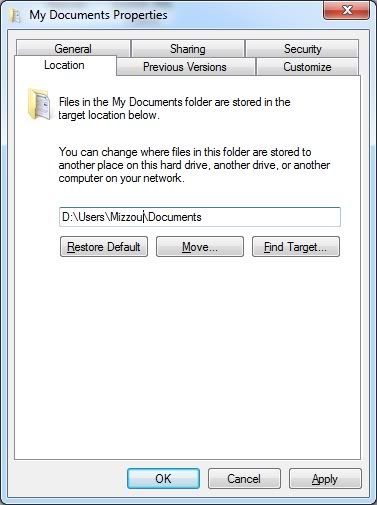Mugsy
Posts: 772 +203
Even though I'm still using a SATA-II motherboard with AM2+ Phenom X4 processor, I couldn't pass up Newegg's "One day only Black Friday deal" of a 120GB Corsair "Force GT" SSD for only $145 (after $30 rebate).
I currently have a 1TB HDD as my boot drive, and Win7 (64bit) now takes an agonizing 1:48 to fully boot (no viruses or adware. Things just have a way of getting bogged down after a year of steady use), which I'm hoping to (at least) cut in half with the new drive.
I've already decided my best course of action is to simply move my current HDD to my second SATA connector when I make the SSD my boot drive, install a fresh copy of Win7 to the new drive, then "relocate" (reinstall) my most infrequently used Program files to the old HDD.
It will certainly take some time, but I'm thinking doing it this way might be the fastest route to getting back up & running with nearly the same configuration as before with minimal muss/fuss.
Any advice from other Win7 users that have made the move to SSD? Thx.
I currently have a 1TB HDD as my boot drive, and Win7 (64bit) now takes an agonizing 1:48 to fully boot (no viruses or adware. Things just have a way of getting bogged down after a year of steady use), which I'm hoping to (at least) cut in half with the new drive.
I've already decided my best course of action is to simply move my current HDD to my second SATA connector when I make the SSD my boot drive, install a fresh copy of Win7 to the new drive, then "relocate" (reinstall) my most infrequently used Program files to the old HDD.
It will certainly take some time, but I'm thinking doing it this way might be the fastest route to getting back up & running with nearly the same configuration as before with minimal muss/fuss.
Any advice from other Win7 users that have made the move to SSD? Thx.
